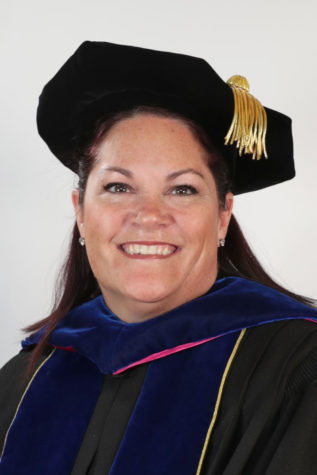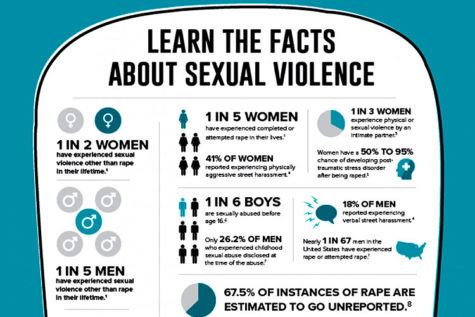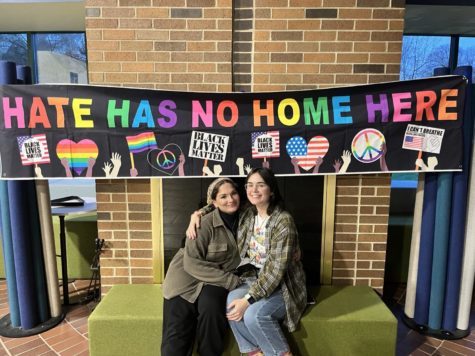Ode to PBS’s Gwen Ifill
November 15, 2016
The world of political journalism lost one of its icons on Monday, as PBS member station WETA-TV confirmed that longtime reporter, moderator and anchor Gwen Ifill passed away after a year-long battle with endometrial cancer.
“I am very sad to tell you that our dear friend and beloved colleague passed away today in hospice care in Washington,” WETA President and CEO Sharon Percy Rockefeller in a staff email said.
From the age of nine, Ifill recognized her desire to be a journalist, growing up during the Civil Rights Movement.
“I was very conscious of the world being this very crazed place that demanded explanation. I didn’t see a whole lot of people who looked like me doing it on television, (but) you get used to being underestimated,” Ifill said to the Archive of American Television in 2011.
Ifill graduated from Simmons College, an all-women’s school in Boston, with a bachelor’s degree in communications. She interned for the Boston Herald-American, the only African-American woman on the staff.
“They didn’t know what a college-educated black woman was and they didn’t know how to treat me,” Ifill said to The Washington Post.
She joined the Baltimore Evening Sun in 1981 as a political correspondent and stayed for three years before leaving for the Washington Post, creating a niche in an era exemplified by the rarity of both African-American and female journalists.
After covering her first presidential race in 1988, she joined the New York Times and covered Bill Clinton’s first campaign. She began to make television appearances as a panelist around this time.
Tim Russert brought her to NBC’s “Meet the Press” in 1994.
“I loved covering presidential politics not so much because of the candidates, but because of the people it allowed me to talk to,” Ifill once said. “It’s much more fun to watch and to ask than to actually have to account for your behavior.”
In June 1999, Ifill became the moderator and managing editor for the long-running public-affairs series “Washington Week in Review.” It marked the first time an African-American woman moderated a major political talk show.
Five years later, Ifill made history again as the first African-American woman to preside over a vice-presidential debate.
Ifill and PBS colleague Judy Woodruff became co-anchors of the Newshour, and the first all-female anchor nightly newscast team.
“(She) loved storytelling and loved helping people understand what was going on in the world around them,” Woodruff told the New York Times. “For young women of color looking for a role model, she was it.”
Ifill wanted to be that role model.
“When I was a little girl watching programs like this, because that’s the kind of nerdy family we were, I would look up and not see anyone who looked like me in any way,” Ifill once said to the New York Times “No women. No people of color. I’m very keen about the fact that a little girl now, watching the news, when they see me and Judy sitting side by side, it will occur to them that that’s perfectly normal, that it won’t seem like any big breakthrough at all.”







